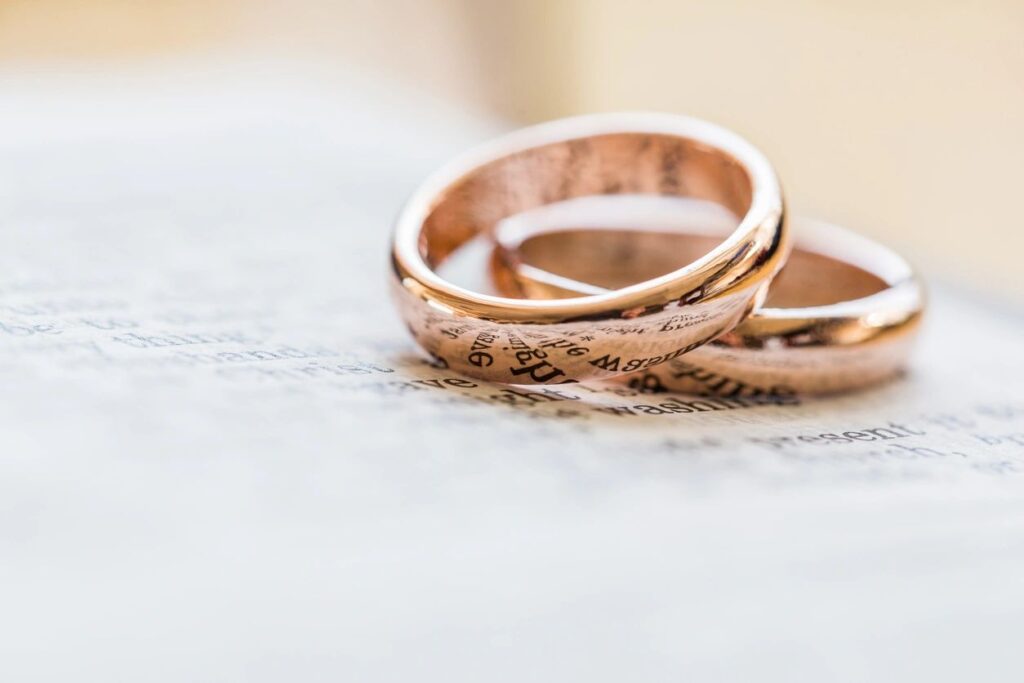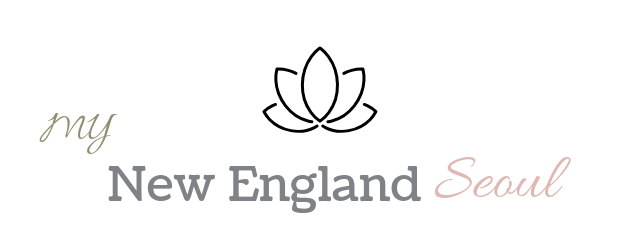
Something that I recently did has helped my marriage in BIG ways. Disclaimer: My husband and I are not having marital troubles nor are we a couple that disagrees very often. We were getting on just fine. Fine being the troublesome word there. Who wants to get on just fine when you can be great?
Our struggles with pregnancy loss
A little backstory, about a month ago we had our fourth miscarriage. Things felt a little rocky on my end. I was feeling a little out of control and found myself getting frustrated with little things around the house and in our relationship.
I was and have been recently in a very vulnerable state. The 3 miscarriages in the past year had thrown my hormones on a roller coaster ride. I was feeling unseen and misunderstood in my marriage. I can’t blame my husband for all of it. As it turns out he was “giving me space” which I was interpreting as uncaring and oblivious. The house was feeling constantly cluttered and in disarray despite my continuous tidying and cleaning efforts.
It was driving me nuts.
Our Differences were driving our daily interactions…
I am the type of person that thrives when there is outer order. So the saying “outer order, inner calm” really embodies how I feel in any given situation. That being said my husband is the organized chaos type. He couldn’t care less about how things look or appear as long as its functional and/or not inhibiting the task at hand. So he does not see clutter the same way that I do. It literally does not register with him.
That’s just one example of how different we are as individuals. The personalities and traits that make us who we are differ so greatly. Sometimes the action, or inaction, gets interpreted as something completely different than its original intention.
I feel like my husband and I were having the same conversations over and over again. We were trying to communicate but the messages were getting garbled and tensions were rising.
One evening we were talking about personality traits and how they differ so much person to person. We had both taken the Myers Briggs assessment for employers or jobs in the past. We realized neither of us know our enneagram type. So we promptly looked up a free assessment online and found one on truity.com.
What followed was exactly what we needed but didn’t know we had needed.
After taking the test the lines of communication opened before us. I think that just having an assessment describe our strengths and weaknesses was easier to process in a less judged way vs when a person describes your traits (good and bad) to you.
My results as a Korean Adoptee
My results matched type 4 (98%) and type 1 (95%).
FOUR | 98% MATCH
Fours are defined by their belief that they are different from other people, and by their feelings of envy for what others have. Fours have the sense that something is missing from their lives, and they worry that they will never have the happiness that other people experience. At their core, Fours passionately long for the type of deep connection that will make them feel whole and accepted.
ONE | 95% MATCH
Ones are defined by their belief that everything must be in order, and by their feeling that they must always be “right.” They show great commitment and determination to improve conditions that they find need improvement, and they are forward in encouraging others to improve their performance, too.
I feel my assessment results are very accurate. My husband matched to type 9.
NINE | 55% MATCH
Nines are defined by a desire to live in peaceful harmony with their environment. They want a sense of balance and calm, and aspire to a kind of homeostasis where nothing disturbs their inner peace. They tend to be easygoing and accepting of what is happening around them, but can become resistant and willfully oblivious when something in the environment threatens to throw them off balance.
Once our types were revealed to us by the test we really got to talking about how these characteristics drive our lives. Since that discussion we developed an actionable plan to address our problem areas.
Let’s dig a little deeper into type 4 because I’m curious if other adoptees out there can relate to this type more than others.
Adoptee connections to Type 4
Things that stuck out to me:
- Fours are defined by their belief that they are different from other people.
- They sense that something is missing from their lives
- Fours feel they are fundamentally flawed and will never be able to be truly understood by other people.
- At the same time, they passionately long for the type of deep connection that will make them feel whole and accepted. Many Fours romanticize and idealize their relationships, hoping that each new connection will be the one that finally makes them feel understood and appreciated.
- They see themselves as special and want to express their individualism. Being different from other people is a double-edged sword for Fours: both a badge of honor, as well as a source of suffering.
- Core Belief “I am different and misunderstood.”
- In childhood, most Fours experienced a sense of loss or abandonment…early sense of something missing.
- In relation to their families, Fours often feel like the black sheep or the outsider. They may not identify as being much like either parent, and tend to feel that the people closest to them don’t understand them very well at all.
Everyone should try this
As I said in the beginning my partner and I were not fighting terribly nor were we under true marital stress. We were going through a tough time and were not communicating effectively.
Taking this assessment I believe really helped our marriage get out of a rut. As simple and silly as it might seem to some it helped us. If nothing else it was just a fun activity to do together over a few glasses of wine.
If you want to understand yourself and how you operate then I recommend everyone take the enneagram assessment. Do it with a partner. Do it by yourself. It’s free and accessible and it helped us improve our communication.
Thanks for reading.
-Christina

